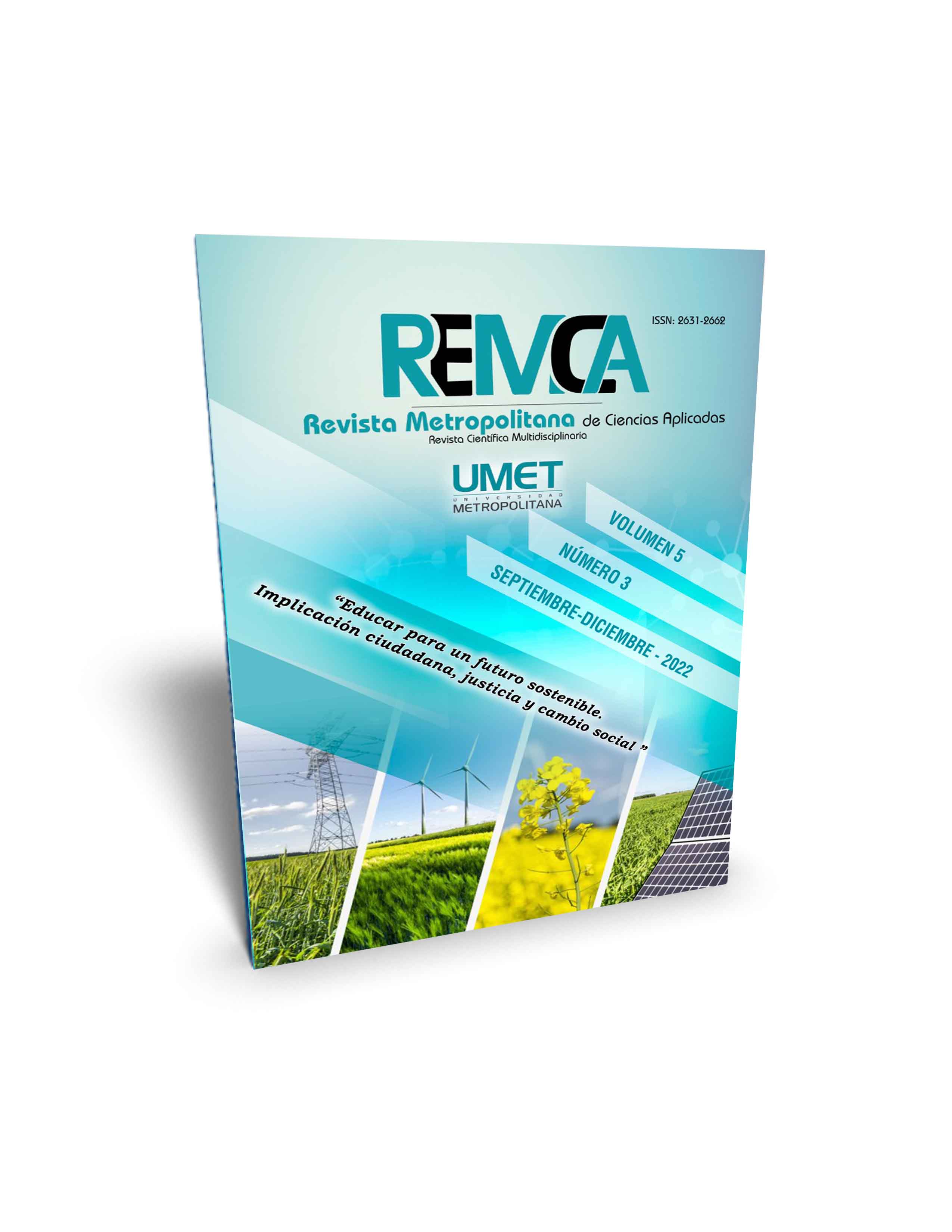Women in the ecuadorian labor field
DOI:
https://doi.org/10.62452/gn613f33Keywords:
Labor history, women, labor participation, labor rights, pandemicAbstract
At different times in history, women have had a relevant participation in the workplace, have performed agricultural activities, textiles and work in factories; The woman at the beginning of the story was considered a weak being, she did not participate in politics, and despite her heavy work she received a lower salary. The objective of this research is to analyze the role of working women in Ecuador, their rights, and their protection within the legal system. The methodology implemented within the research is analytical-descriptive. It is based on the qualitative method, which allows to analyze and understand in depth the problem of the current situation of women in the labor field. At work, the crisis associated with the COVID-19 pandemic has affected women more strongly, showing that the barriers for women are greater today than they used to be, even when in Latin America the reaction of several governments was to contain the effects of the crisis on income and employment, it was not possible to restore the labor balance of women.
Downloads
References
Banco Interamericano de Desarrollo. (2021). Hacia una nueva realidad laboral para las mujeres. https://publications.iadb.org/publications/spanish/document/Hacia-una-nueva-realidad-laboral-para-las-mujeres-soluciones-para-recuperar-el-empleo-femenino-en-ALC.pdf
Bucklew, A. (2013). La experiencia femenina durante y despues de la Guerra Civil de España. CUNY Academic Commons, 16.
Buedo Martínez, S. (2015). Mujeres y mercado laboral en la actualidad, un análisis desde la perspectiva de género: Genéricamente empobrecidas, patriarcalmente desiguales. Revista de Eduación Social, 21.
Bustelo, M. (2019). Participación laboral femenina en América Latina: más y mejor es posible. https://elpais.com/elpais/2019/03/05/planeta_futuro/1551784280_188003.html
Comisión Económica para América Latina y el Caribe. (2021). La pandemia del COVID-19 generó un retroceso de más de una década en los niveles de participación laboral de las mujeres en la región. CEPAL. https://www.cepal.org/es/comunicados/la-pandemia-covid-19-genero-un-retroceso-mas-decada-niveles-participacion-laboral
Ecuador. Asamblea Nacional Constituyente. (2008). Constitución de la República del Ecuador. Registro Oficial 449. https://www.oas.org/juridico/pdfs/mesicic4_ecu_const.pdf
Ecuador. Congreso Nacional. (2005). Código del trabajo. Registro Oficial 167. https://www.trabajo.gob.ec/wp-content/uploads/downloads/2012/11/C%C3%B3digo-de-Tabajo-PDF.pdf
Esteves, A. (2020). El impacto del COVID-19 en el mercado de trabajo de Ecuador. Mundos Plurales - Revista Latinoamericana De Políticas Y Acción Pública, 7(2), 35 - 41.
Fernández, Z. (2022). La mujer: pilar de la humanidad. https://portal.clubrunner.ca/7988/stories/la-mujer-pilar-de-la-humanidad
Mora, A. (2020). Covid-19 en la vida de las Mujeres. Comisión Interamericana de Mujeres.
Organización de las Naciones Unidas. (2020). Todo lo que debe saber sobre promover la igualdad salarial. ONU. https://www.unwomen.org/es/news/stories/2020/9/explainer-everything-you-need-to-know-about-equal-pay
Organización de las Naciones Unidas. (2022). Hechos y Cifras: Empoderamiento economico. ONU. https://www.unwomen.org/es/what-we-do/economic-empowerment/facts-and-figures
Pajín, L. (2021). Ser mujer en tiempos de pandemia. Instituto Salud de Global. https://www.isglobal.org/healthisglobal/-/custom-blog-portlet/ser-mujer-en-tiempos-de-pandemia/2656521/0
Revista Lideres. (2010). Las mujeres tienen más impulso para emprender. Revista Lideres. https://www.revistalideres.ec/lideres/mujeres-impulso-emprender.html
Downloads
Published
Issue
Section
License
Copyright (c) 2022 Esperanza Graciela Cabrera Cabrera, Sabina Lorena Gamboa Vargas (Autor/a)

This work is licensed under a Creative Commons Attribution-NonCommercial-ShareAlike 4.0 International License.
Authors who publish in Revista Metropolitana de Ciencias Aplicadas (REMCA), agree to the following terms:
1. Copyright
Authors retain unrestricted copyright to their work. Authors grant the journal the right of first publication. To this end, they assign the journal non-exclusive exploitation rights (reproduction, distribution, public communication, and transformation). Authors may enter into additional agreements for the non-exclusive distribution of the version of the work published in the journal, provided that acknowledgment of its initial publication in this journal is given.
© The authors.
2. License
The articles are published in the journal under the Creative Commons Attribution-NonCommercial-ShareAlike 4.0 International License (CC BY-NC-SA 4.0). The terms can be found at: https://creativecommons.org/licenses/by-nc-sa/4.0/deed.en
This license allows:
- Sharing: Copying and redistributing the material in any medium or format.
- Adapting: Remixing, transforming, and building upon the material.
Under the following terms:
- Attribution: You must give appropriate credit, provide a link to the license, and indicate if any changes were made. You may do this in any reasonable manner, but not in any way that suggests the licensor endorses or sponsors your use.
- NonCommercial: You may not use the material for commercial purposes.
- ShareAlike: If you remix, transform, or build upon the material, you must distribute your creation under the same license as the original work.
There are no additional restrictions. You may not apply legal terms or technological measures that legally restrict others from doing anything the license permits.




